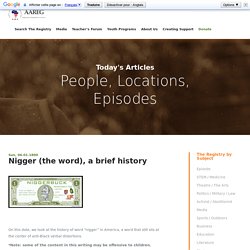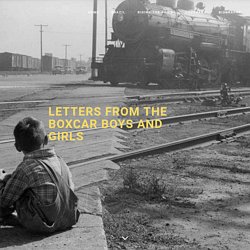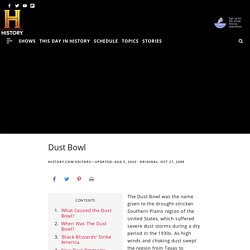

To a Mouse by Robert Burns. Of Mice and Men Audiobook. N5 Critical Essay Exemplar Of Mice and Men. Mice and Men Study Questions. Of Mice and Men Worksheets and Activities by phines08. Of Mice and Men. Of Mice and Men Final Writing Assignment. Option 1: Alternate Ending Rewrite chapter 6 (the last section) in Of Mice and Men Include dialogue and. Consolidated Topics. Nigger (the word), a brief history - African American Registry. Nigger (the word), a brief history On this date, we look at the history of word “nigger” in America, a word that still sits at the center of anti-Black verbal distortions.

*Note: some of the content in this writing may be offensive to children. The history of the word nigger is often traced to the Latin word niger, meaning Black. This word became the noun, Negro (Black person) in English, and simply the color Black in Spanish and Portuguese. In early modern French, niger became negre and, later, negress (Black woman) was unmistakably a part of language history. No matter what its origins, by the early 1800s, it was firmly established as a derogative name. Over time, racial slurs have victimized all racial and ethnic groups; but no American group has endured as many racial nicknames as Blacks: coon, tom, savage, pickaninny, mammy, buck, samba, jigaboo, and buckwheat are some.
Naggers: Acting in a lazy and irresponsible manner. These arguments may not be true to the real world. Jim crow laws. Of mice and men2. Of mice and men chapter 2 analysis. Of Mice and Men - Discussion Questions. Discussion Questions1.

Why does George "take so much trouble for another guy" (p. 21)? 2. Why does George shoot Lennie? 3. Why is the dream recited repeatedly? 11. Top of page (summary) Of Mice and Men. Great Depression. Surviving Hard Times in the 1930s. What a Cruel Thing to do on Mother's Day Claude Franklin, Kerrville, TexasWanderlust drove Claude Franklin, 13, his brother, Charles, 16, and their buddy, Robert Brookshire, also 13, to run away from their Fort Worth, Texas homes on Sunday, May 8, 1938.

"The Great Depression still plagued the entire United States. My family was having a hard time making ends meet, but I wasn't unhappy with my home life. I'd developed a wanderlust, hearing my two oldest brothers talk about riding freight trains to other states. "The night before our departure, we put our extra clothes in paper sacks, sneaked them out of the house and buried them under bushes.
"We set out after church on Sunday, and headed for the Texas and Pacific Railroad yards on the west side of Fort Worth. "We knew our mothers would be worried sick, but we didn't leave a note. "My father had raised cotton in Mississippi. "We got to Cleveland in the Mississippi Delta. "The next morning we went out to pick cotton. "Several hours went by. Great Depression: Causes and Definition.
Hoover, a Republican who had formerly served as U.S. secretary of commerce, believed that government should not directly intervene in the economy, and that it did not have the responsibility to create jobs or provide economic relief for its citizens.

In 1932, however, with the country mired in the depths of the Great Depression and some 15 million people (more than 20 percent of the U.S. population at the time) unemployed, Democrat Franklin D. Roosevelt won an overwhelming victory in the presidential election. By Inauguration Day (March 4, 1933), every U.S. state had ordered all remaining banks to close at the end of the fourth wave of banking panics, and the U.S.
Treasury didn’t have enough cash to pay all government workers. Nonetheless, FDR (as he was known) projected a calm energy and optimism, famously declaring that “the only thing we have to fear is fear itself.” Dust Bowl. The Dust Bowl was the name given to the drought-stricken Southern Plains region of the United States, which suffered severe dust storms during a dry period in the 1930s.

As high winds and choking dust swept the region from Texas to Nebraska, people and livestock were killed and crops failed across the entire region. The Dust Bowl intensified the crushing economic impacts of the Great Depression and drove many farming families on a desperate migration in search of work and better living conditions. What Caused the Dust Bowl? The Dust Bowl was caused by several economic and agricultural factors, including federal land policies, changes in regional weather, farm economics and other cultural factors. After the Civil War, a series of federal land acts coaxed pioneers westward by incentivizing farming in the Great Plains.